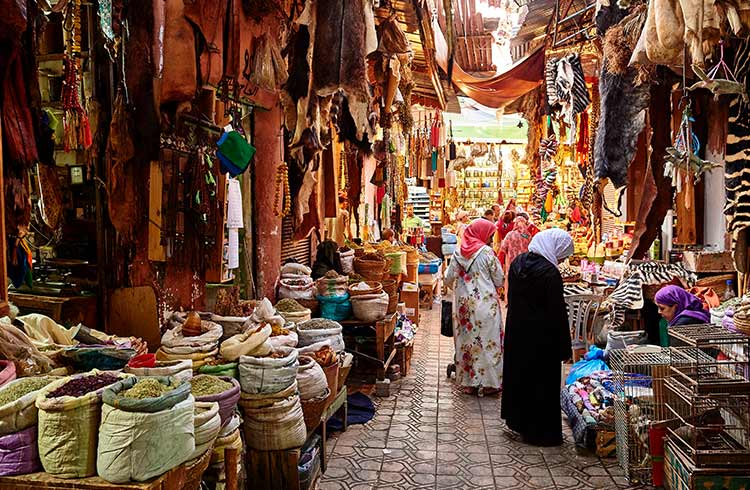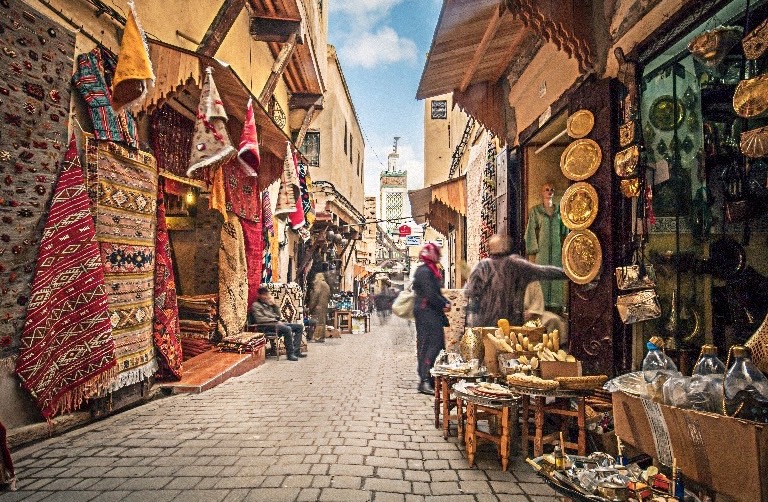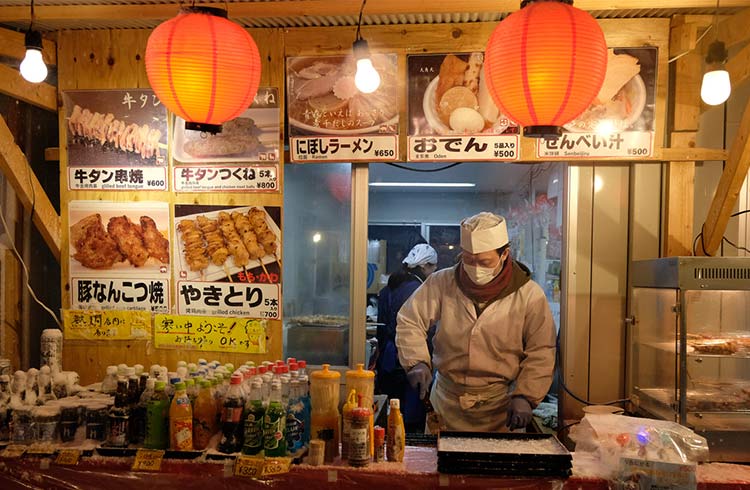Tipping and Haggling: How to Get it Right on the Road
Although everyone loves a bargain, make sure you consider the ethics behind tipping and haggling if you want to be a responsible traveler.
 Photo © Getty Images / Andrea Pistolesi
Photo © Getty Images / Andrea Pistolesi
The fact that we’re able to board airplanes and explore corners of the world that most people will never get to see means that we travelers enjoy an inherently privileged financial position. Many of us are born in countries where employment opportunities abound and where, if they don’t, a social safety net exists to provide basic necessities. In most countries, however, this is not the case.
Many vendors and service industry employees have few other employment options and rely on the money they receive from travelers to feed their families. Practicing generous tipping and mindful haggling gives us an opportunity to help ensure they earn a fair wage.
- How tipping can help locals earn a fair wage
- Haggle, but don’t over-haggle
- When to haggle – and when not to
- Responsible ways to get a fair deal
- Dream on, and travel responsibly
How tipping can help locals earn a fair wage
Wages in the tourism industry are often set low intentionally, with the expectation that travelers will offer cash tips. Even if your own country has no tipping culture, you should still tip abroad, particularly in developing countries, where hourly wages are too low for families to survive. Restaurant workers, tour guides, housekeeping and hotel staff, bartenders, restroom attendants, and hairstylists/barbers should be tipped abroad even if these positions don’t rely on tips in your home country.
Haggle but don’t over-haggle
Many of us come from countries with no haggling culture, so negotiating with a shopkeeper can be part of the travel experience. Though haggling can be fun, you should only encourage a merchant if you intend to buy something. Don’t waste a vendor’s time just so you can play the haggling game. In most countries, you are welcome to participate in haggling, but you’re also expected to pay a higher price than locals. Keep in mind that the few extra dollars you may be able to shave off a souvenir would mean exponentially more to a vendor than it would to you.
If a shopkeeper offers a t-shirt for $2 that you’d pay $20 for at home, do you really need to bargain another 30 cents off the price? A fair price is not always the cheapest price and the extra money you pay a stall holder could make a huge difference to their family’s wellbeing. If you’re offered a fair price, just accept it; haggling is not always necessary.
Nobody wants to get ripped off either so if you want to make sure you’re getting a good deal without taking advantage of a vendor’s desperation, shop around to get a sense of what the price should be before buying. Small shops on side streets, away from well-trafficked corridors, also tend to be a bit cheaper, as they receive fewer visitors. These vendors may also be in greater need of tourist dollars.
When to haggle – and when not to
Do your research before visiting a country, as haggling rules and etiquette vary across cultures. In Egypt, for example, anything without a written price tag is fair game. In neighboring Jordan, however, customs are a bit more nuanced.
According to Experience Jordan, “You don't usually haggle if there are clear price tags or if there's a clear sign stating that the prices are fixed”. Elizabeth Palacios, a guide in Mexico City, says “Just because some countries haggle doesn’t mean it’s acceptable here.” She instructs participants on her tours to pay whatever price the vendor offers, noting that “sellers get upset when people haggle because their work is not being valued.
Responsible ways to get a fair deal
- If you have a particular souvenir in mind, ask your host, tour guide, or a local friend what a fair price is
- Visit several shops to understand the going rate for an item
- If a vendor offers a price you believe is reasonable, then there’s no reason to haggle
- If the price seems too high, offer just below the lowest price you found in another store. The vendor will likely meet you in the middle, at a fair price for both of you
- If you still find the price unreasonably high, walk away. If the shopkeeper is able to lower it further, they’ll chase after you.
Related articles
Simple and flexible travel insurance
You can buy at home or while traveling, and claim online from anywhere in the world. With 150+ adventure activities covered and 24/7 emergency assistance.
Get a quote


No Comments